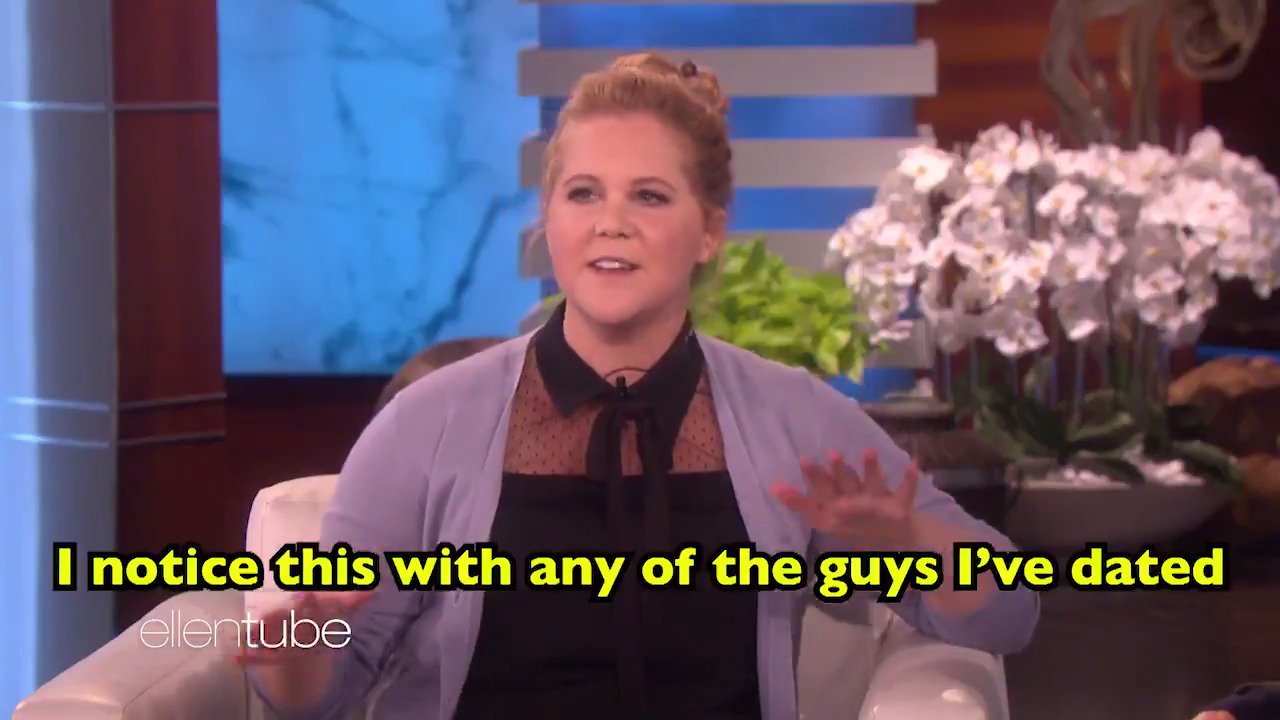Let me tell you something, folks. If you've stumbled upon this article looking for sensational content, let me stop you right there. We're not here to peddle cheap clicks or fake news. Instead, we're diving deep into the world of internet hoaxes, privacy rights, and the dangers of spreading misinformation. The term "Carly Jane Nude" has been circulating online, but what does it really mean? Let's break it down, shall we?
Now, before we go any further, let me make one thing crystal clear. There is absolutely no verified or legitimate content out there under the name "Carly Jane Nude." This phrase is often used as clickbait to lure unsuspecting individuals into downloading malicious software or clicking on harmful links. The internet can be a wild place, folks, and sometimes it feels like everyone's trying to scam you. So, let's talk about why this matters and how we can protect ourselves.
We're living in a digital age where misinformation spreads faster than wildfire. It's crucial to understand the context behind these kinds of phrases and the potential dangers they pose. Whether you're a tech-savvy individual or someone who's just starting to navigate the web, this article will give you the tools you need to stay safe online. So, grab a cup of coffee, sit back, and let's dive into the nitty-gritty.
Read also:Jesse Metcalfe Have Kids The Inside Scoop You Wonrsquot Believe
Understanding the Term "Carly Jane Nude"
Let's get one thing straight: the term "Carly Jane Nude" is a complete fabrication. It's often used as bait by cybercriminals to trick people into downloading harmful software or clicking on phishing links. These kinds of hoaxes prey on curiosity and can have serious consequences for unsuspecting victims. So, how did this phrase even come into existence?
In most cases, these types of hoaxes originate from forums or social media platforms where users share unverified information. The more people click on these links, the more they spread, creating a vicious cycle of misinformation. It's important to approach everything you see online with a healthy dose of skepticism. Always verify the source before believing anything you read.
Why Are These Hoaxes So Dangerous?
Here's the thing: these hoaxes aren't just harmless pranks. They can lead to serious consequences, including identity theft, financial loss, and even emotional distress. When you click on a malicious link, you're essentially opening the door for hackers to access your personal information. This can include everything from your bank details to your social media accounts.
- Malware infections can corrupt your device and steal your data.
- Phishing scams can trick you into revealing sensitive information.
- Reputational damage can occur if your personal information is leaked online.
It's not just about protecting yourself; it's also about protecting others. By sharing unverified information, you're contributing to the spread of misinformation. So, before you hit that share button, take a moment to think about the potential consequences.
The Importance of Privacy Rights
Privacy rights are a big deal, folks. Everyone deserves the right to control their own personal information and how it's shared online. When it comes to phrases like "Carly Jane Nude," it's important to remember that no one has the right to invade someone else's privacy without their consent. This includes sharing intimate images or personal information without permission.
Many countries have laws in place to protect individuals from non-consensual sharing of intimate images, also known as "revenge porn." These laws are designed to hold perpetrators accountable and provide support for victims. If you or someone you know has been affected by this kind of abuse, it's important to seek help from a trusted authority or organization.
Read also:Sophia Rubenfeld Rising Star In The Entertainment World
How to Protect Your Privacy Online
Now, let's talk about how you can protect your privacy online. There are a few simple steps you can take to reduce the risk of falling victim to online scams or having your personal information compromised.
- Use strong, unique passwords for all your online accounts.
- Enable two-factor authentication whenever possible.
- Be cautious when clicking on links or downloading attachments from unknown sources.
- Regularly update your software and antivirus programs to protect against malware.
By taking these precautions, you can significantly reduce the risk of becoming a victim of cybercrime. It's all about being proactive and staying informed.
The Role of Social Media in Spreading Misinformation
Social media platforms play a huge role in the spread of misinformation. With billions of users sharing content every day, it's easy for false information to go viral. This is especially true when it comes to clickbait headlines and sensational content. So, how can we combat this issue?
First and foremost, it's important to critically evaluate the content you see online. Look for credible sources and check for multiple confirmations before believing anything. Many social media platforms have implemented fact-checking features to help users identify false information. Take advantage of these tools and report any suspicious content you come across.
Tips for Identifying Fake News
Here are a few tips to help you identify fake news and misinformation online:
- Check the source: Is it a reputable news outlet or a random website?
- Look for multiple confirmations: Are other credible sources reporting the same story?
- Be skeptical of sensational headlines: If it sounds too good (or bad) to be true, it probably is.
- Examine the URL: Watch out for fake websites that mimic legitimate ones.
By using these tips, you can become a more discerning consumer of online content and help stop the spread of misinformation.
The Impact of Cybercrime on Society
Cybercrime is a growing problem that affects individuals, businesses, and even governments. The financial and emotional toll of these crimes can be devastating. According to a report by Cybersecurity Ventures, global cybercrime damages are projected to reach $10.5 trillion annually by 2025. That's a staggering amount of money that could be used for more productive purposes.
So, what can we do to combat this issue? Education and awareness are key. By teaching people how to protect themselves online and recognize potential threats, we can reduce the impact of cybercrime. Governments and organizations also need to invest in cybersecurity measures to protect sensitive information and critical infrastructure.
Steps to Combat Cybercrime
Here are a few steps we can take to combat cybercrime:
- Invest in cybersecurity education and training programs.
- Implement stricter regulations and penalties for cybercriminals.
- Encourage collaboration between governments, businesses, and individuals to share information and resources.
By working together, we can create a safer and more secure digital environment for everyone.
Conclusion
Let's recap, shall we? The term "Carly Jane Nude" is a complete fabrication used by cybercriminals to lure unsuspecting individuals into clicking on harmful links or downloading malicious software. It's important to approach everything you see online with a healthy dose of skepticism and take steps to protect your privacy. Whether it's using strong passwords, enabling two-factor authentication, or being cautious when clicking on links, there are plenty of things you can do to stay safe online.
Remember, folks, the internet is a powerful tool, but it can also be a dangerous place if you're not careful. By staying informed and taking the necessary precautions, you can protect yourself and others from the dangers of cybercrime. So, what are you waiting for? Share this article with your friends and family and help spread the word about online safety.
And hey, if you have any questions or comments, feel free to leave them below. Let's keep the conversation going and make the internet a safer place for everyone!
Table of Contents


